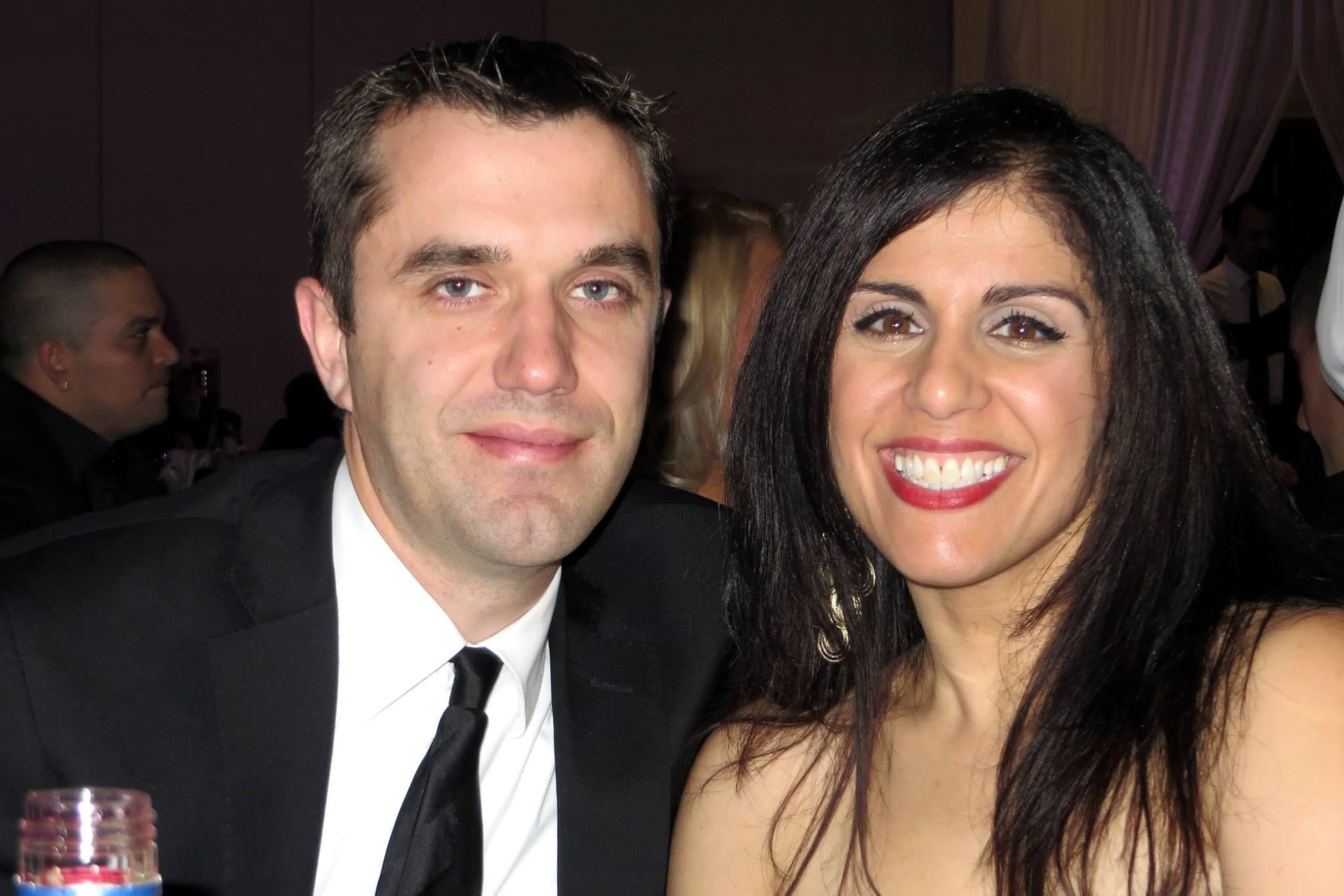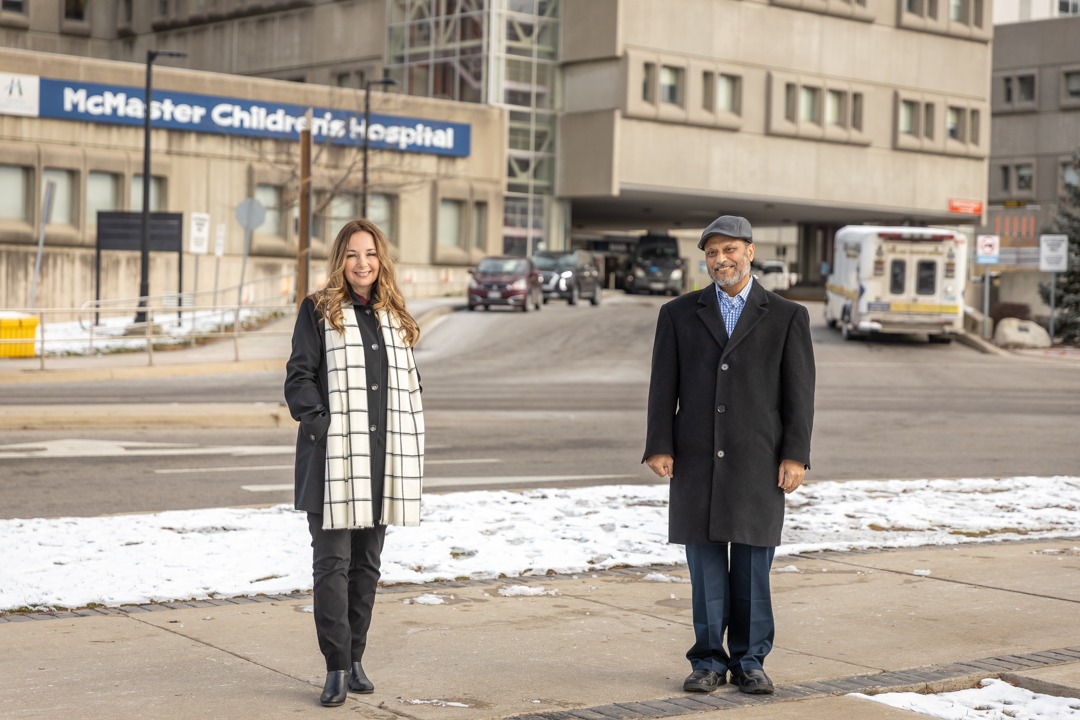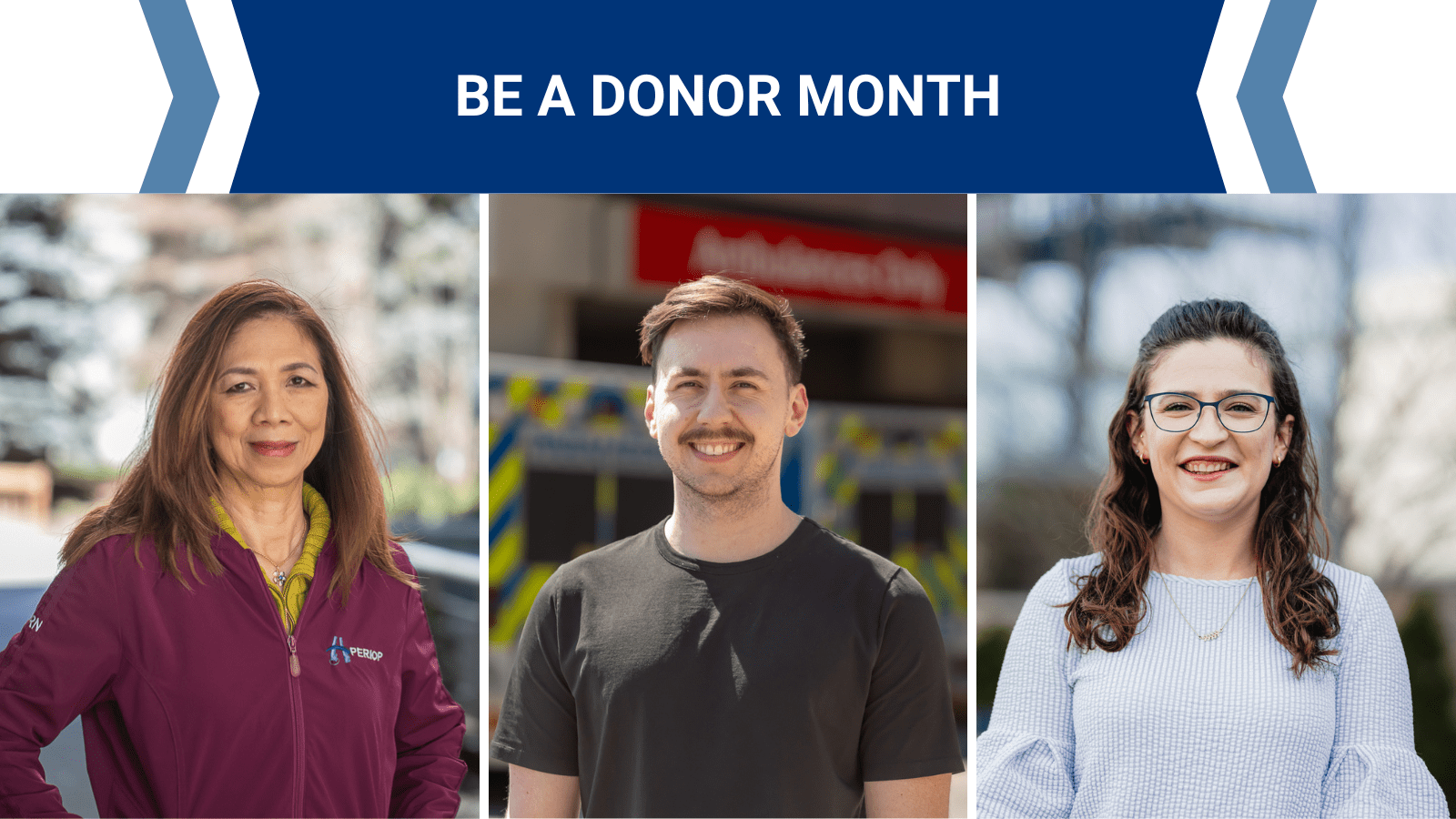
Saving lives and honouring patients through organ donation
The success of organ donation in Ontario not only relies on the efforts of many people who embrace organ donation as a social responsibility, but also on dedicated hospital teams, like those at Hamilton Health Sciences (HHS) who work collaboratively to make sure organs are available when needed. HHS works closely with the Trillium Gift of Life Network, a division of Ontario Health that coordinates all organ donations across the province.
The best gift that anyone can give to others is the gift of life through organ donation.
During Be A Donor Month in April, we’re reminded of the commitment and dedication needed by many health-care teams in order to make organ transplantation possible. They work behind the scenes with the families of donors to ensure organs can be available for those who are in need of, and eagerly waiting for a transplant. Below are just a few of these health-care workers.
Leticia Cortez-Fasser, Operating Room Registered Nurse
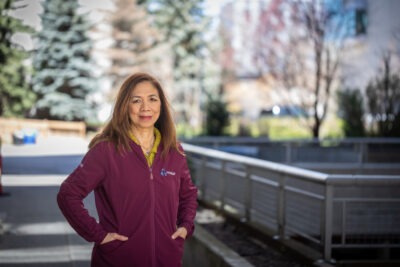
How is your role connected to organ donation?
Operating room nurses play a very important role in assisting with organ retrieval and maintaining viability for transplantation. We work in collaboration with the surgical team and the Trillium Gift of Life Network coordinator, and, sadly, often have to witness the death of donors.
The intention of the donation process is to help save lives or improve the quality of life of those in need of organ donation, which gives meaning and importance to our work. I took on the leadership role in putting together an information package about organ donation for families at HHS’ McMaster University Medical Centre, with the help of my dedicated colleagues and the Trillium Gift of Life Network coordinator.
What do you find most rewarding about the work you do?
As a nurse, I am often helping people during difficult times. This includes supporting families of organ donors as they process the loss of their loved ones. Additionally, since organ donations and transplants save the lives of thousands of people every year, I find it incredibly rewarding to be part of this process. I believe that operating room nurses have a pivotal role in facilitating organ donation, and while it’s very challenging, the ultimate reward is the opportunity to save lives.
What message do you hope “Be a Donor month” sends to the community?
The best gift that anyone can give to others is the gift of life through organ donation. Life is very precious and so is organ donation. It is a remarkable selfless gift to save someone else’s life.
Zach Zacharewicz, Intensive Care Unit (ICU) Registered Nurse
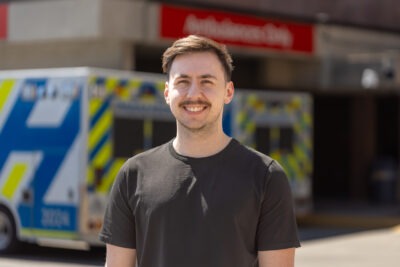
How is your role connected to organ donation?
My role is intricately connected to organ donation in several ways. I often work closely with patients who have suffered severe brain injuries or trauma, which unfortunately can sometimes lead to devastating outcomes despite our best efforts. In these cases, we play a crucial role in providing compassionate care not only to the patient but also to their families who may be facing difficult decisions about end-of-life care and organ donation.
I serve as an advocate for organ donation by providing information and support to families considering donation as a way to honor their loved one’s legacy and potentially save the lives of others in need of organ transplants. Additionally, we work closely with the Trillium Gift of Life Network to facilitate the donation process and ensure that all necessary steps are taken to preserve the viability of donated organs in the ICU setting.
What do you find most rewarding about the work you do?
The most rewarding aspect of my work is knowing that I have made a difference in the lives of patients and their families during what is often one of the most challenging times they will ever face. Being able to provide comfort, support, and expert medical care to patients in critical condition and their loved ones is incredibly fulfilling.
I hope that this fosters a greater sense of compassion, empathy, and community support for organ donation.
Being involved in the organ donation process allows me to witness the profound impact that generosity and altruism can have on donor families. Knowing that I have played a role in helping to facilitate the gift of life for someone in need brings a sense of fulfillment that is truly unparalleled.
What message do you hope “Be a Donor month” sends to the community?
Be A Donor Month serves as an important reminder to the community about the critical need for organ donors and the lifesaving impact that organ donation can have. My hope is to inspire staff to advocate for their patients and families about their wishes regarding organ donation and to consider registering as donors themselves.
By raising awareness and dispelling myths and misconceptions surrounding organ donation, we have the power to inspire individuals to make a difference in the lives of others through the selfless act of donation. Ultimately, I hope that this fosters a greater sense of compassion, empathy, and community support for organ donation, leading to more lives being saved and transformed through the gift of organ donation.
Michelle Bisaillon, Social Worker

How is your role connected to organ donation?
Our social work team supports patients and families during their admission to the ICU. We help navigate the health-care system, advocate for patients and provide emotional support to their loved ones. We’re often providing end-of-life-care, which includes conversations about the patient’s legacy and what brings meaning to them. In many cases, this includes organ donation. We work closely with our organ donation team to ensure we’re all aligned with the patient’s wishes.
What do you find most rewarding about the work you do?
We have the privilege of walking alongside families during the most difficult time in their life. During this journey, we not only get to know families, but the patients and what brought meaning to them throughout their life. One of these can be a desire to help others with organ donation. Donation is an altruistic act. It provides connection and creates meaning for families through their time of suffering. It’s rewarding to be a part of this process.
Donation is an altruistic act.
What message do you hope “Be a Donor month” sends to the community?
Often loved ones struggle with treatment decisions. Any attempt to normalize and engage in care planning benefits not only the individual but that person’s community as a whole. Be a Donor month is a great catalyst for conversations around end of life. My hope is that it not only normalizes these conversations but brings awareness and provides education on the importance of organ donation.
Learn more and register to be an organ donor at BeADonor.ca.

